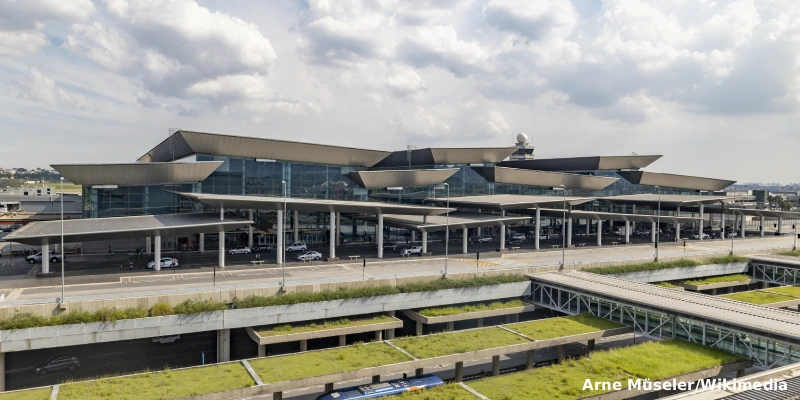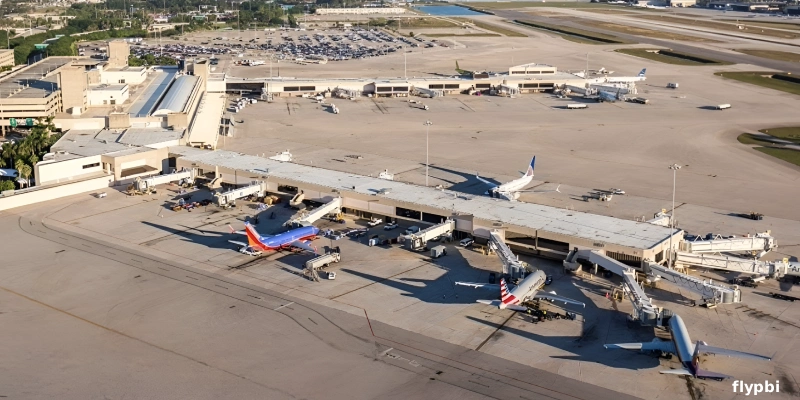Iberojet has begun to use the optimum speed according to atmospheric conditions on all its flights, that is, it will be able to vary the speed during the flight according to climatic elements. With this measure that it has implemented, the company intends to save 161 tons of fuel and reduce the emission of more than 500 additional tons of CO2 into the atmosphere annually.
→ Iberia, second airline in the world that has reduced its emissions the most on long-haul flights.
This initiative is added to the other measures of the ‘Flight Operations Energy Efficiency Program’ launched by the airline this year and aims to further reduce CO2 emissions into the atmosphere, through lower fuel consumption . By 2025, Iberojet expects this set of measures to reduce CO2 emissions from its flights by up to 3,000 tons annually.
Traditionally, civil aviation authorities required each flight to operate following a constant speed rule to ensure separation between aircraft with identical destinations. Although this was an appropriate policy from a safety perspective, it was inefficient from an environmental point of view, preventing airlines from adapting flight speed to atmospheric conditions in order to reduce their CO2 emissions.
To remedy this and to reduce fuel consumption and CO2 emissions in flight, the United Nations International Civil Aviation Organization (ICAO), in its latest revision of the North Atlantic Manual in February 2022, has allowed the application of OWAFS (operations without an assigned fixed speed, or by its name in English, operations without an assigned fixed speed) during the flight, with the aim that aircraft can use the optimal speed depending on the conditions of their environment, reducing it or increasing it according to atmospheric conditions and thus achieve the improvements in consumption and emissions described.
→ Volotea inaugurates new base in Lourdes and launches 5 exclusive routes.
Iberojet, with the aim of deepening its sustainability policy and fighting climate change, has begun to operate under OWAFS, a change that has a very positive impact on long-haul flights, as it will allow a substantial annual reduction in consumption fuel and CO2 emissions into the atmosphere.
Antonio Mota, General Manager of Iberojet, has commented in relation to this new way of operating flights that: “This new measure represents another step in our initiatives to reduce the environmental impact of our operations. These improvements have immediate effects, compared to other initiatives, such as the use of SAF, the result of which will not be effective for a few years, when these synthetic fuels are widely available. We are acting now, not just promising what we will do in a long time. The fight against climate change is urgent.
Related Topics
Madrid-Barajas Named “Best European Airport with over 40 Million Passengers”
Tocumen Recognized as “World’s Most Punctual Medium Airport” for Second Consecutive Year
São Paulo-Guarulhos Airport Records Record Passenger Numbers in 2025, Reclaiming Its Title as Latin America’s Busiest
Florida Approves Bill to Rename Palm Beach Airport in Honor of Donald Trump

Un apasionado por la aviación, Fundador y CEO de Aviación al Día.




